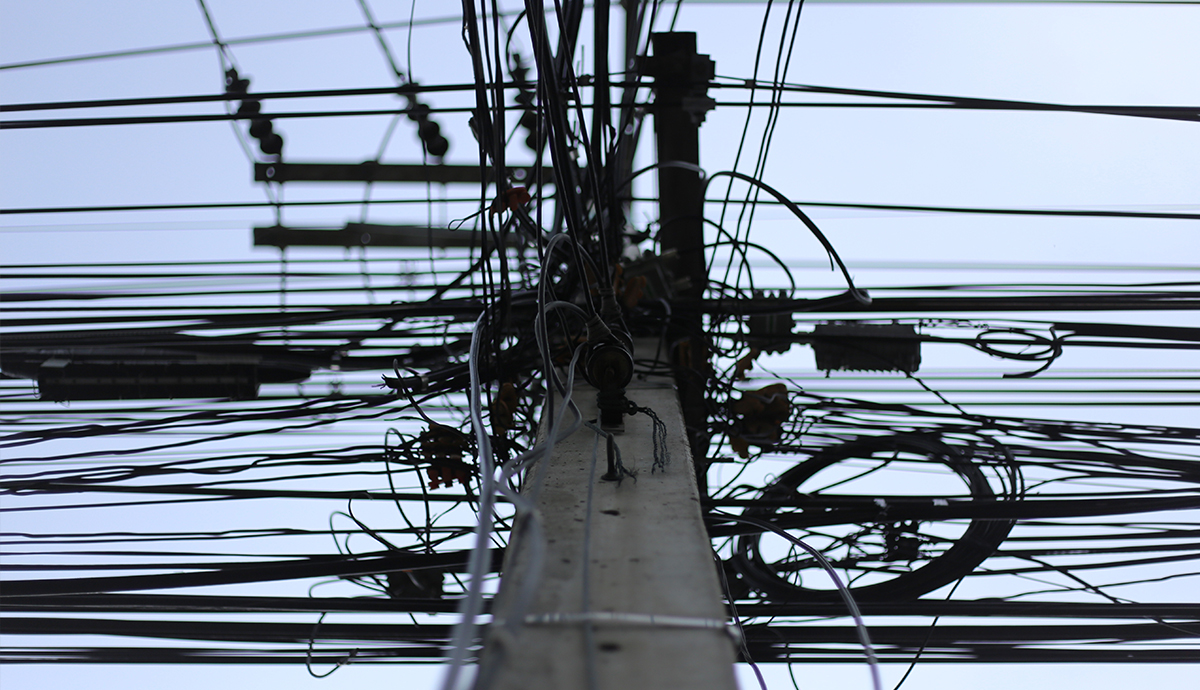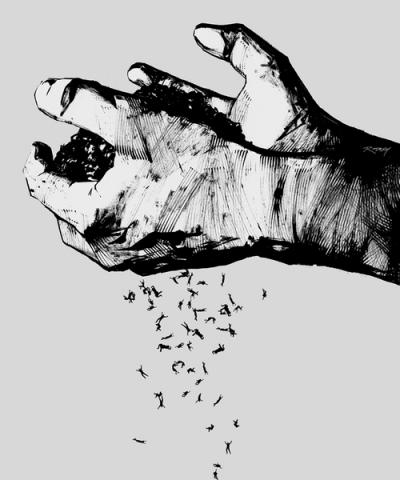Seventy years after the ten minute jury deliberation that sent him to the electric chair at age fourteen, George Stinney, Jr., was exonerated of the murders he had been convicted. When I read the story, I was, of course, deeply disturbed. Disturbed by the glaring injustice. Disturbed by the similarity to the circumstances surrounding the recent deaths of Trayvon Martin, Michael Brown, and Eric Garner at the hands of law enforcement.
What upset me most, though, was the description of George Stinney: he was small. In subsequent research, I learned that he was so small that he had to be placed on books (in one account it was a phone book) in order for his head to reach the electric chair’s headpiece. So small that his executioners had to make extra holes in the leather bands strapping his arms to the electric chair. So small that the mask placed over his face fell off and the witnesses had a close look at his tears.
As I considered George’s stature, a question emerged: “What made him man enough to die?” The question was my way into the poem. On the surface, it was rhetorical. Given the arbitrary cruelty of the Jim Crow system that governed (officially or otherwise) much of twentieth century United States society, the answer was clear enough: nothing. He did nothing to deserve the malice that swallowed his short life. This answer, however, was unsatisfactory, especially when the question was posed, again and again, in the news coming from Sanford, Ferguson, and New York.
As much as the question begged an answer, though, I did not want to create a larger-than-life narrative as a platform to express an abstract grievance. Nor did I want to write a self-reflective poem, even as an anonymous speaker. I knew I’d landed on something when I decided to use the imperative/instructional voice. Nothing on the page can be more specific, more intimate, more personal, or more challenging than when “you” means you. You is who I wanted to examine and care about the small, spare details of George Stinney’s life and death. You is who I want to understand the relationship between injustice and this boy. My hope for “Extreme Unction” is, I guess, to help you (which includes me) to always consider the small, spare details when regarding a life wrongfully taken.
Angela Redmond-Theodore received her MFA from the University of Tampa. Her poetry has appeared in The Comstock Review. She lives in sunshine, in west central Florida, with her husband, Eric.
Illustration by Clay Rodery, an illustrator who lives and works in Brooklyn, New York. Clay’s illustrations have been featured in the North American Review, most recently in issue 301.1, Winter 2016.



